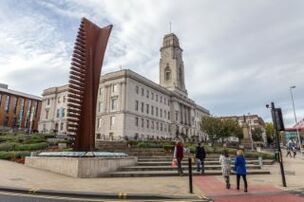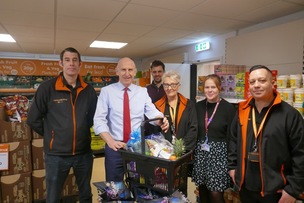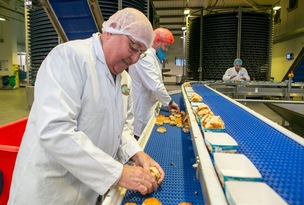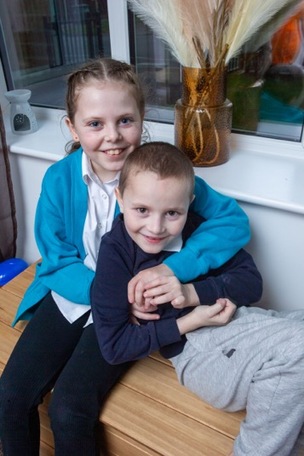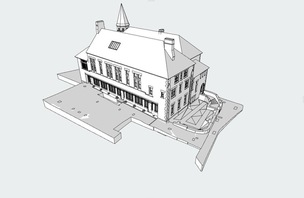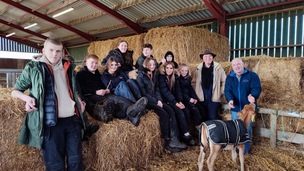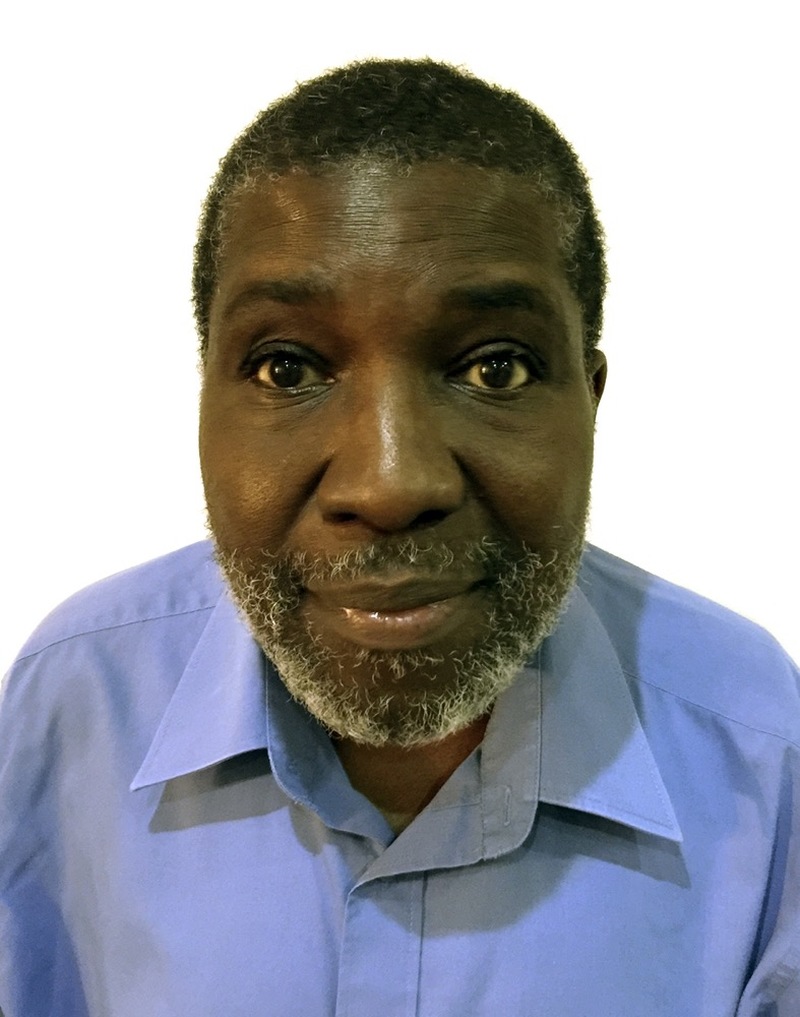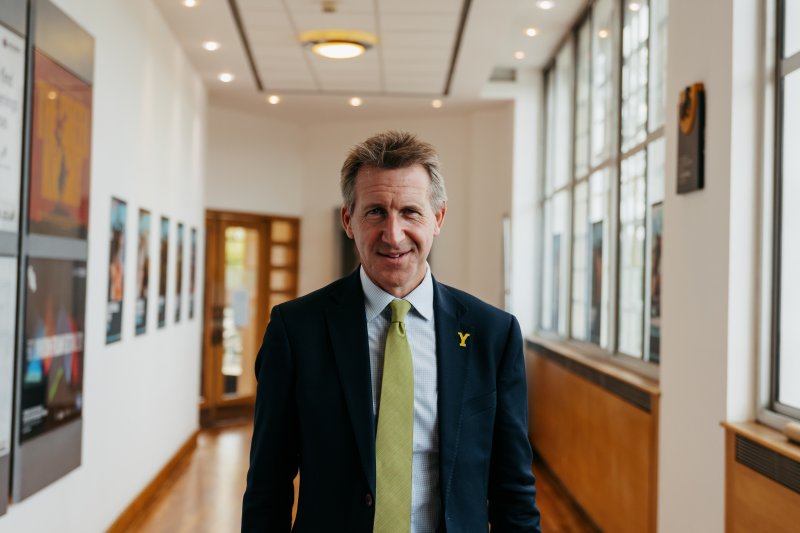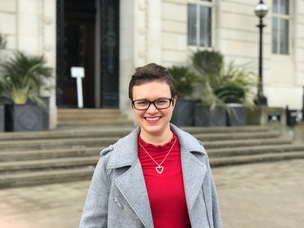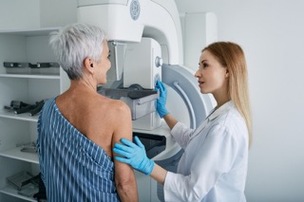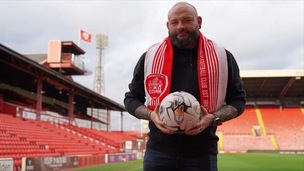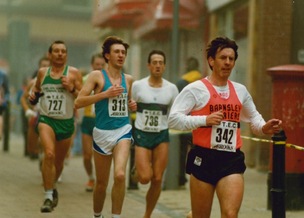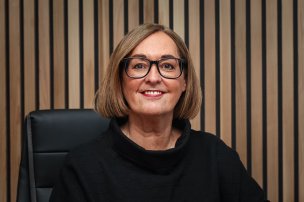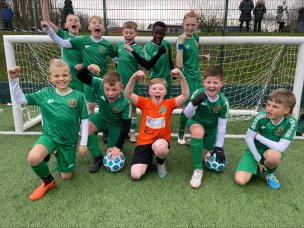A LONG-SERVING Barnsley Hospital doctor who had a stroke while at work has called for more research to help rebuild survivors’ lives - months having been awarded an MBE.
Professor Ade Adebajo had a stroke at the Gawber Road venue, where he is a consultant rheumatologist and clinical director for research and development, in 2015.
However, it took a year of intensive rehab before he was able to return to work at the beloved place he’s worked at since 1994.
The Stroke Association, the UK’s leading stroke charity, announced its priorities for stroke research this week, uncovered by a rigorous study involving stroke survivors such as Professor Adebajo, their carers and health and social care professionals in the field.
The 63-year-old called for more research into how to prevent strokes and how to ensure that survivors have the best rehab to help with their recovery.
He said: “I had silent hypertension - all the readings were usually normal so it’s hard to detect.
“I drove to work at Barnsley Hospital that morning, parked my car and went to my office.
“I was in a meeting and suddenly started having weakness on my left side, my left leg, feeling funny on the left side of my face, and then I slumped into the chair.
“Fortunately for me, my office was just above accident and emergency.
“I was given an immediate MRI scan then taken to the Royal Hallamshire Hospital in Sheffield for emergency neurosurgery.
“It took me 11 months to return to work and it was a very long road.
“I still have weakness in my left side, my arm and my leg and now walk with a stick.
“I have a wheelchair but I’m using that less and less and with rehab at least I’m fortunate.
The Stroke Association’s new report - the first UK-wide project to map research priorities across the entire stroke care and treatment pathway - reveals where research can address the issues holding stroke survivors back from rebuilding their lives after a devastating stroke.
However, according to the most recent figures from the UK Medical Research Council, only £30m of public and charity health research spending goes on strokes.
This equates to less than £25 per stroke survivor per year compared to £161 per person living with cancer.
“I’ve been able to go back to work because I had a good amount of rehab but others haven’t been so lucky,” Prof Adebajo added.
“Many other people have had to stop work but they should be able to return to work if they wish.
“I had physiotherapy, occupational therapy and electrical stimulation therapy. It’s difficult to say which has been the most effective - it’s important to have access to all of these.
“I had rehab for more than a year. They were able to get funding so that as long as you were improving you can continue to have physio.
“I also went on a three-week-long intensive therapy programme at University College London doing exercises like practising with cutlery, fastening buttons, and using the treadmill and gym equipment. They even had a mock kitchen which was just great.
“Without all this I wouldn’t be back at work - it’s as stark as that. I love being a doctor looking after people, but I’m glad that I was looked after so I could carry on doing this.
“It’s expensive but you can’t put a cost of the quality of someone’s life. Strokes can be devastating to individuals, family and society.”
Prof Adebajo was recognised in the New Year’s honours list for his services to promoting inclusive patient and public involvement in health research.
He specialises in diagnosing and treating inflammatory conditions that affect joints, tendons, ligaments, bones and muscles.
He started his career in Nigeria and has made important contributions to health service research, focusing on musculoskeletal conditions having joined Barnsley Hospital’s ranks in 1994.
He has also made valuable contributions to curriculum development and admissions at the University of Sheffield’s prestigious medical school.
Prof Adebajo described Barnsley people as ‘wonderful’.
“The town is one of those exceptional places that has always punched above its weight in supporting research, with the latest example being involvement in Covid research which has shown excellent results,” he added.


